Liberia is a post war country struggling to recover amidst overwhelming challenges including animal abuse, lack of electricity, high unemployment rate and the recent Ebola crisis that took over 3,000 lives in a country with a very small population of 3.4 millions. More attention is been placed on human development and revitalizing the economy. Liberia has no policy or regulation that protects animals, mainly domestic animals. In Liberia, animals in general are not that highly regarded among people. The concept of animal welfare and rights is seen in Liberia as a new phenomenon. For centuries, animals have been considered in Liberia as commodities and source of income. It is a generational issue. Children grow up seeing their parents and other relatives abusing animals and no one cares at all.
KNOWLEDGE= POWER
POWER can save lives and make a difference in the lives of animals and people. Animals play important roles in all our lives, and children seem to have a natural affinity for animals. The nature of their relationships with animals and the natural world are important in shaping their overall attitudes and beliefs.
Childhood is a time when one`s character is being formed, therefore by explaining what it means to be human by examining our relationships to other creatures, we can help stop animal cruelty before it starts.
LAWCS believe that all change for the better begins with education. If we are to truly make a difference for animals, we must begin by equipping the younger generation with knowledge about the welfare and rights of animals, who will go on to influence generations to come.
With this in mind, we run an animal welfare education program in various schools in Lofa County, Liberia with the children. We talk to them about animals and their needs and explain how they are just like us- they need food, shelter, medical care and love. We do this through a variety of interactive activities including drama and role play, discussions and debate, video shows, humane lessons, stories, games, drawing, animal welfare clubs, exhibition – all of which encourage them to form their own positive opinions and attitudes to the animals in their lives. These activities and programs enable children to gain a richer understanding of animals in our world and a sense of how they can treat them as fellow beings, with empathy, compassion, innate love and respect.

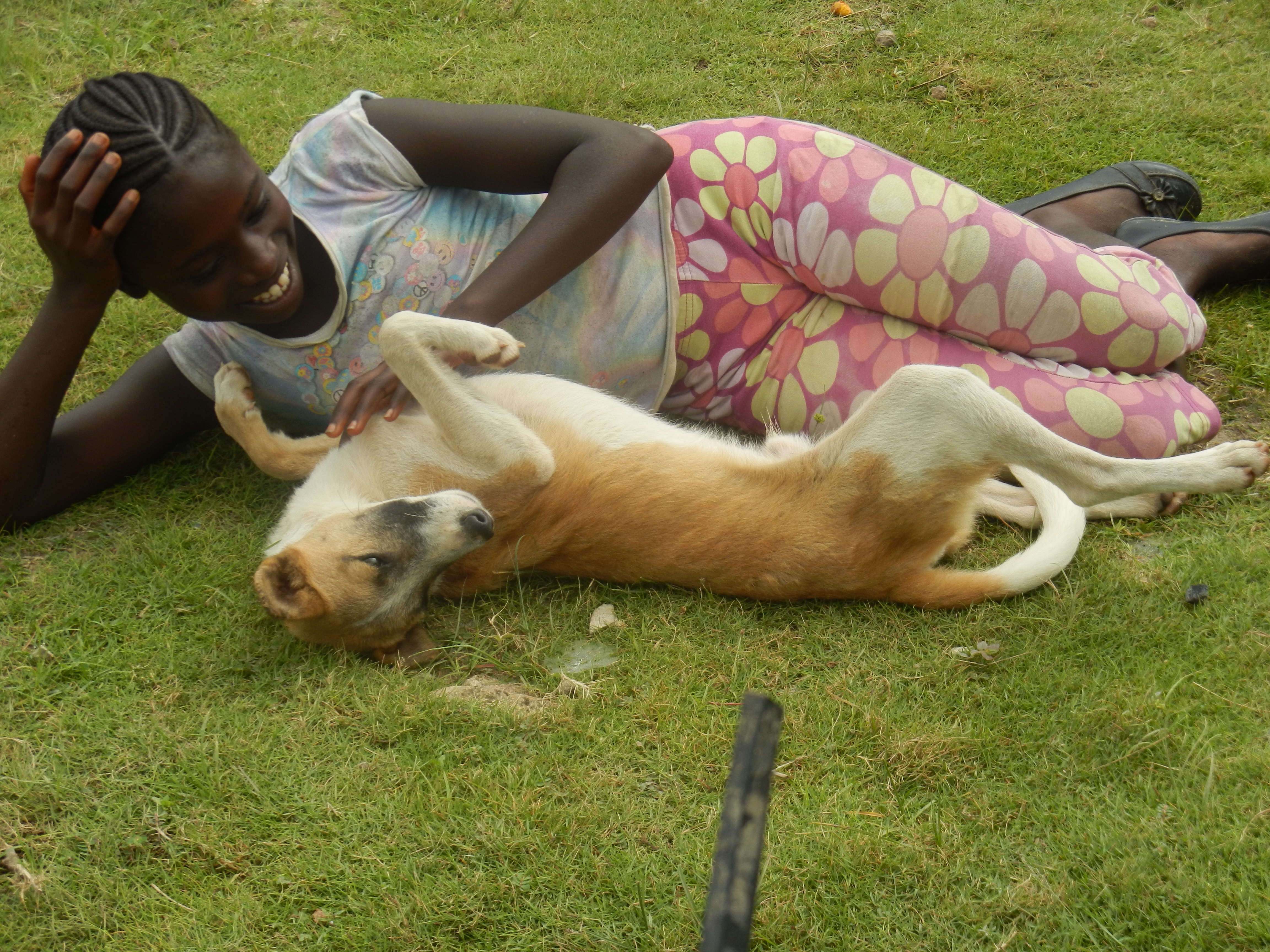


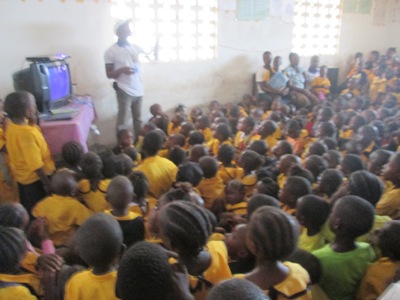


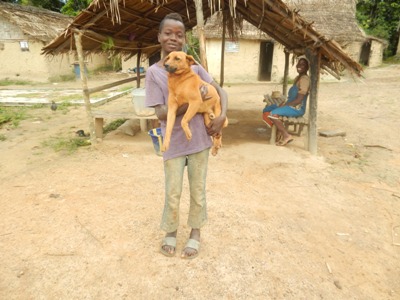
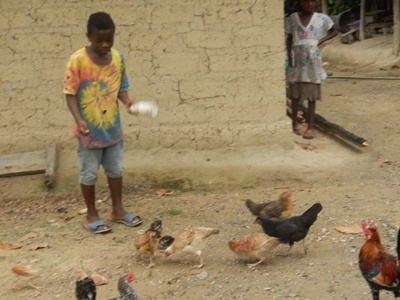
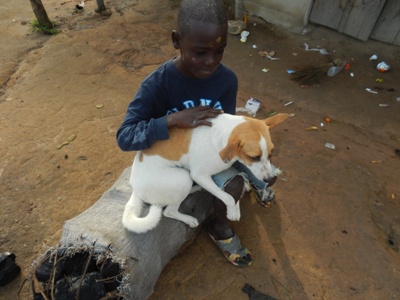
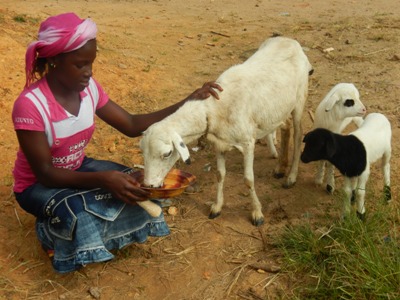
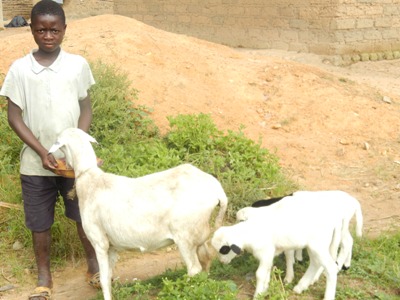
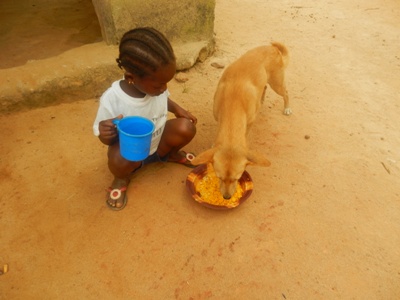
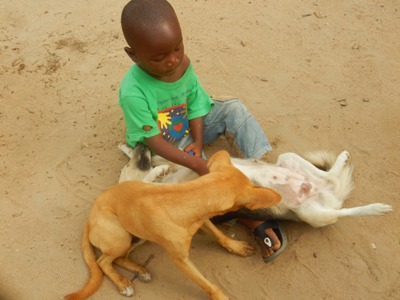
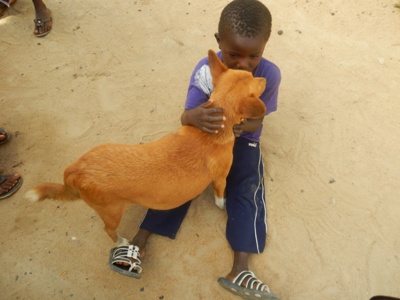











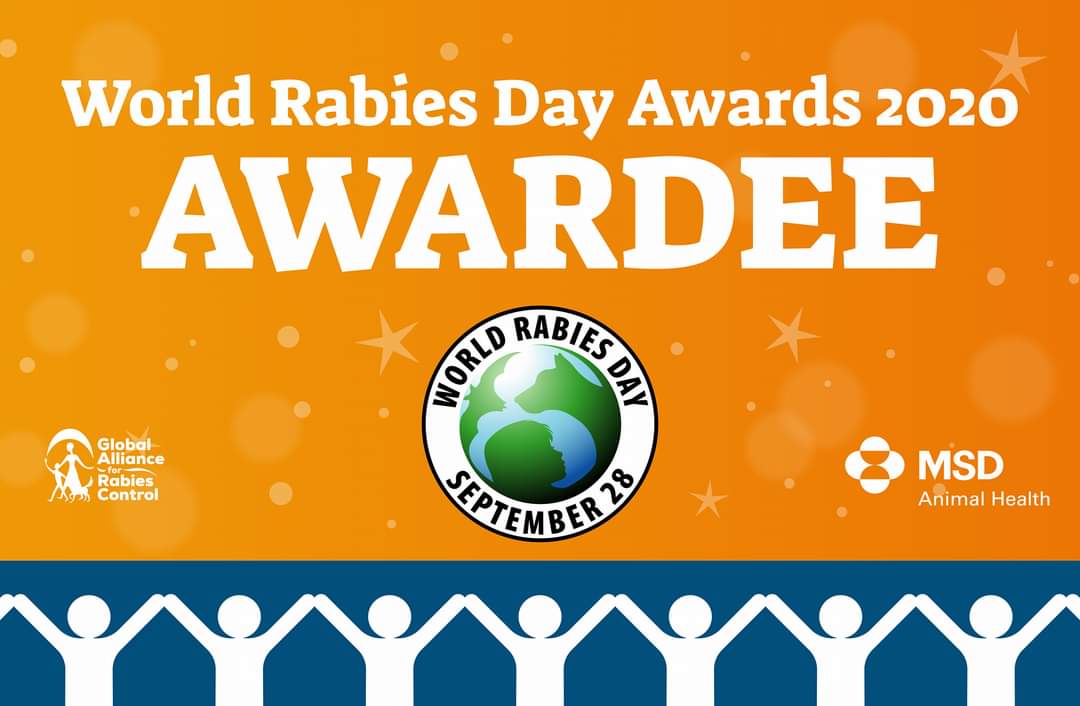


2 Responses to The Importance of LAWCS Humane Education in Schools